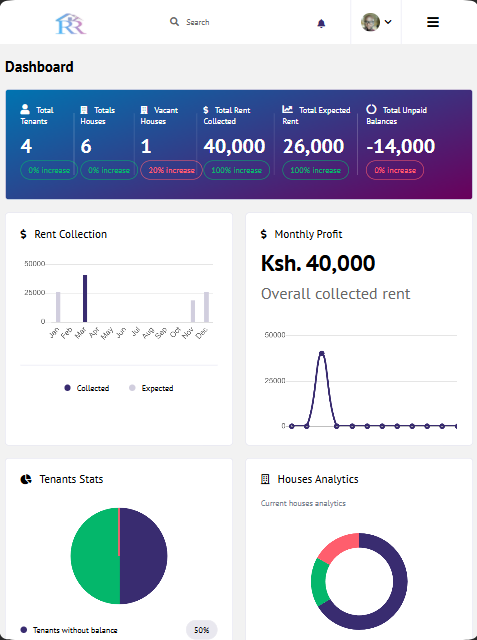Understanding Inflation
Inflation is the general increase in the prices of goods and services over time. This means that as inflation rises, the same amount of money buys you fewer things than before. In other words, the purchasing power of money decreases.
For example, imagine you could buy a loaf of bread for Ksh. 1 last year, but this year, the same loaf costs Ksh. 110. That’s inflation at work—prices have increased, and your money is worth slightly less than before.
Causes of Inflation
Inflation doesn’t just happen randomly. It is usually caused by a few main factors:
Increased Demand (Demand-Pull Inflation)
When people have more money to spend, they start buying more goods and services. If the supply of those goods doesn’t increase as fast as demand, prices go up.
Example: During holiday seasons, the prices of toys, electronics, and clothes often go up because more people are buying them.
Increased Costs (Cost-Push Inflation)
When the cost of making goods or providing services increases, businesses pass these costs on to consumers by raising prices.
Example: If the price of oil rises, transportation costs increase, making everything from food to electronics more expensive.
Money Supply Increase
If the government prints more money than the economy needs, the value of money drops, causing prices to rise.
Example: If everyone suddenly received $10,000, stores would increase prices because people have more money to spend.
Effects of Inflation
Inflation has both positive and negative effects:
Bad Effects:
If prices rise faster than wages, people can afford fewer goods and services.
Savings lose value because the money saved today will be worth less in the future.
Uncertainty in the economy can make businesses hesitant to invest.
Good Effects:
Moderate inflation encourages spending and investment, helping the economy grow.
It can reduce the burden of debt, as money borrowed today is worth less in the future.
How Inflation is Measured
Governments use the Consumer Price Index (CPI) to measure inflation. CPI tracks the prices of a basket of everyday goods like food, gas, and clothing. If CPI increases, it means inflation is happening.
How to Protect Yourself from Inflation
Invest wisely: Keeping money in stocks, real estate, or other assets can help protect its value.
Negotiate salary increases: If your income grows along with inflation, you can maintain your purchasing power.
Spend wisely: Avoid unnecessary expenses when prices are rising quickly.
Conclusion
Inflation is a natural part of the economy. While too much inflation can be harmful, a small amount is normal and even necessary for economic growth. Understanding inflation helps you make smarter financial decisions and prepare for the future!










